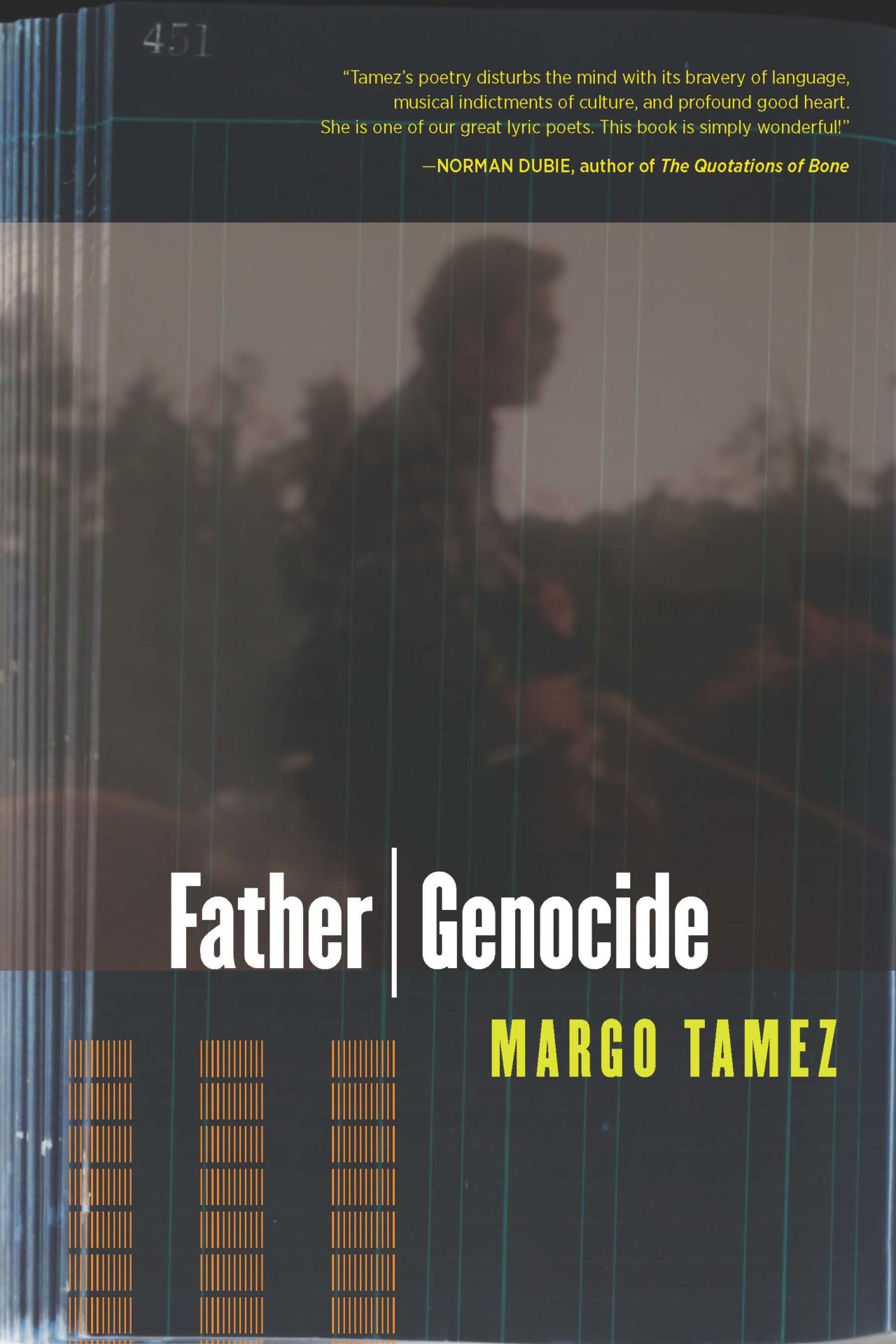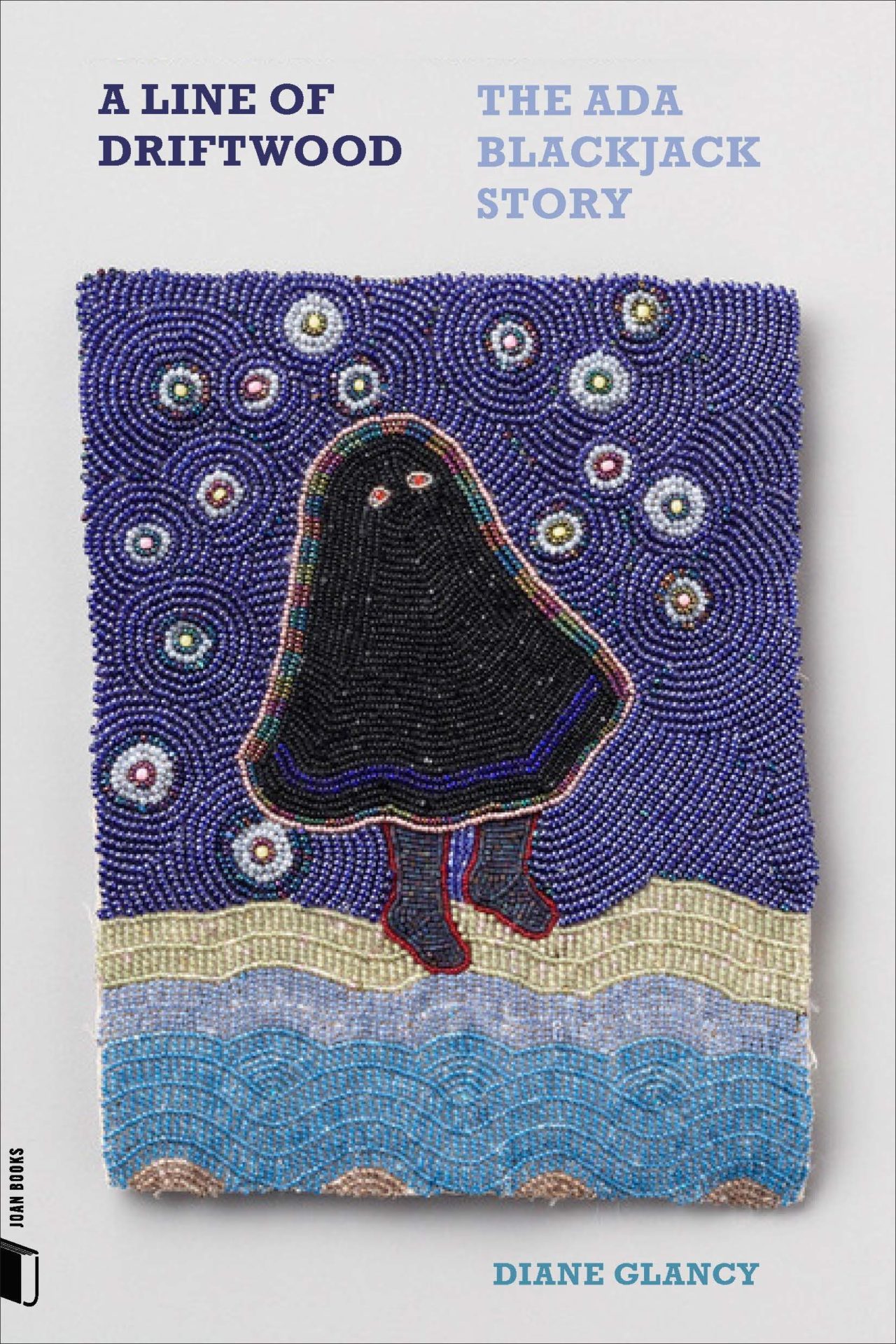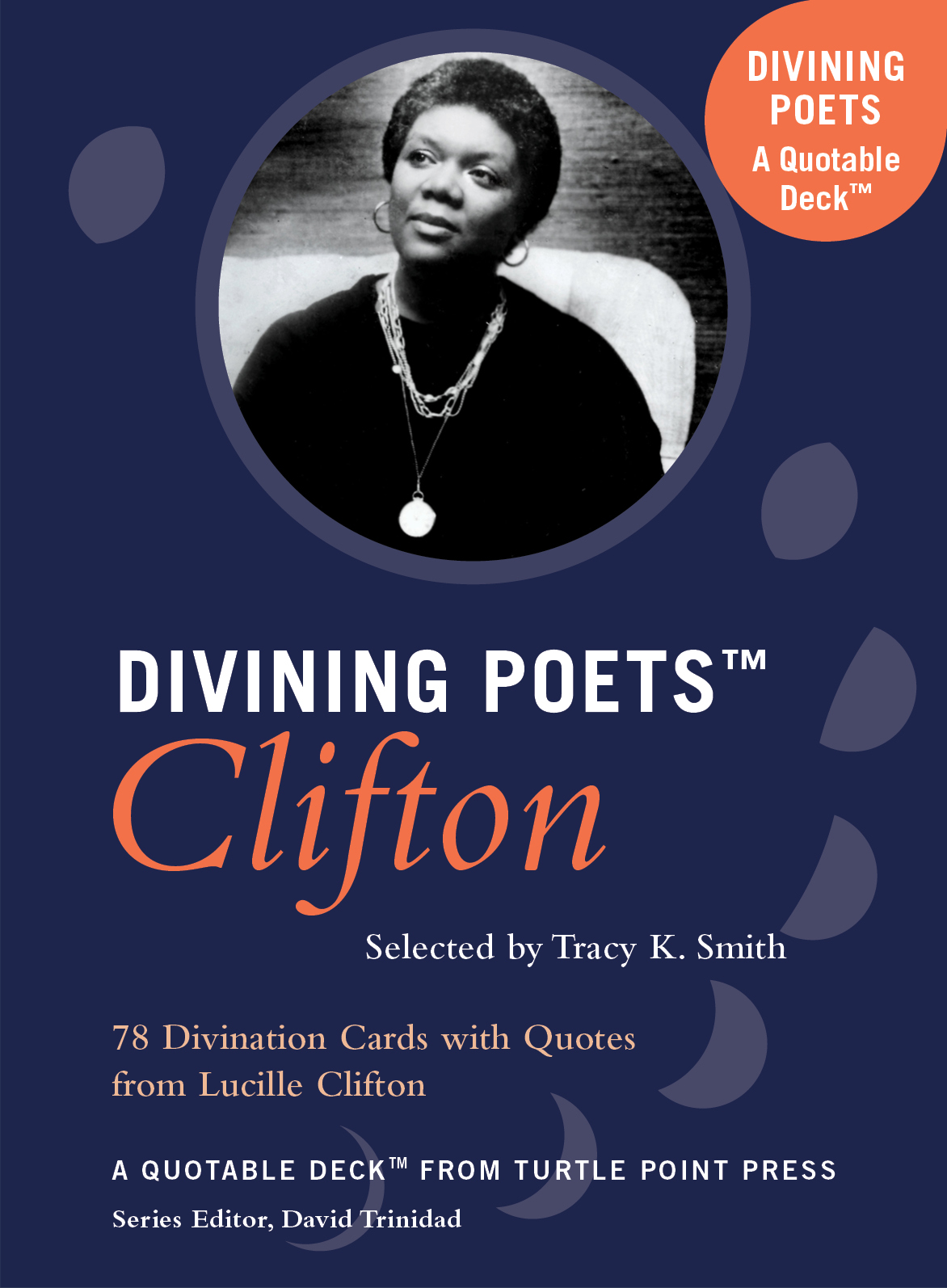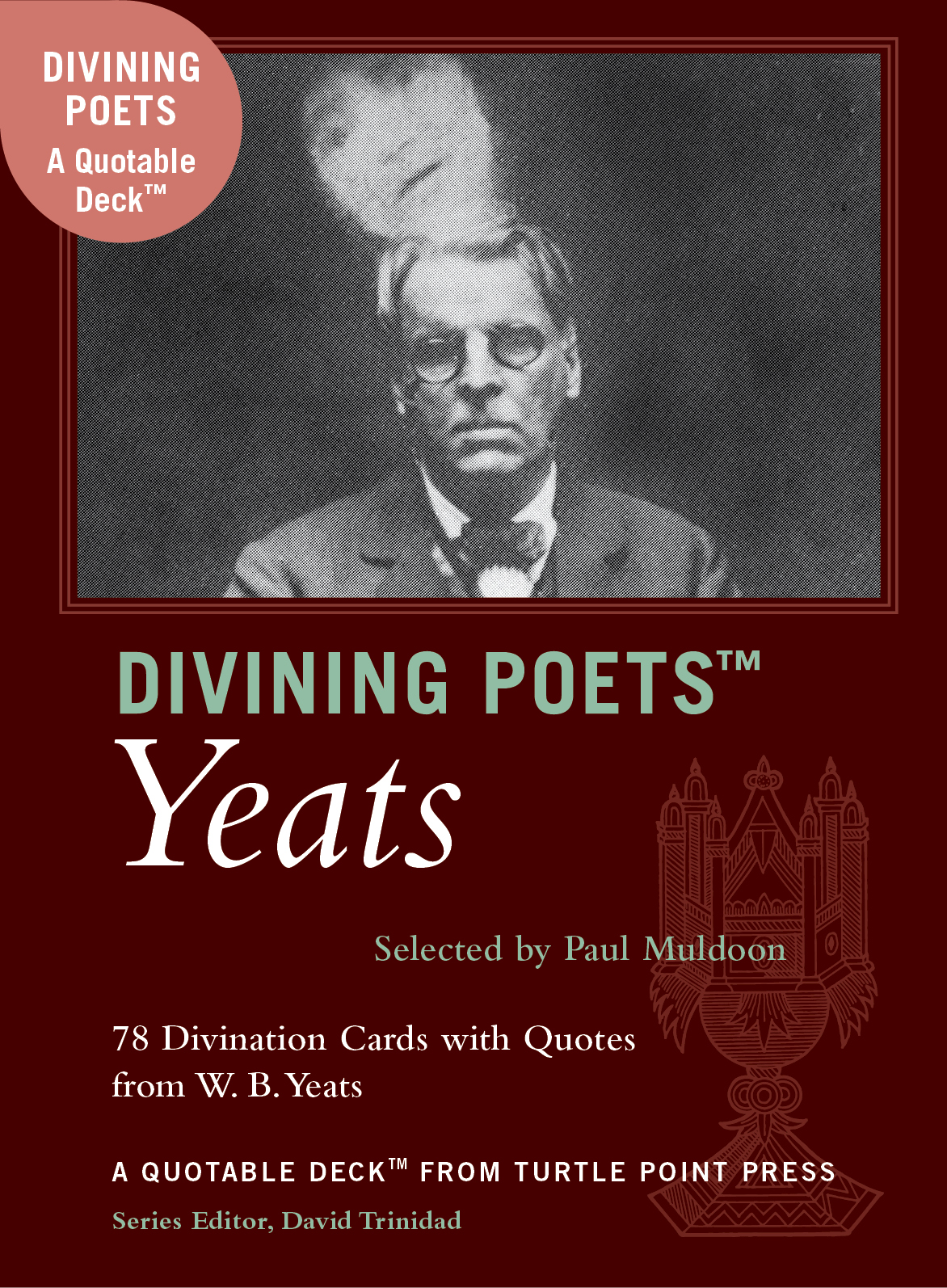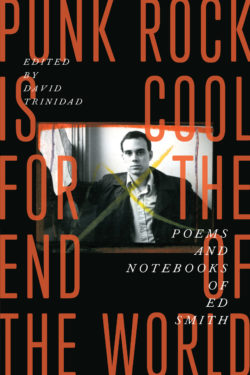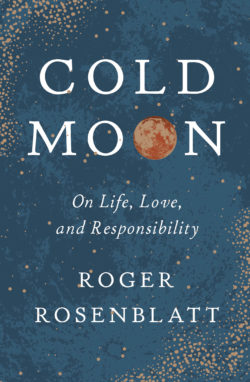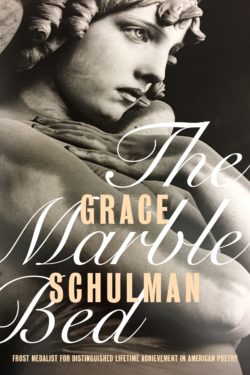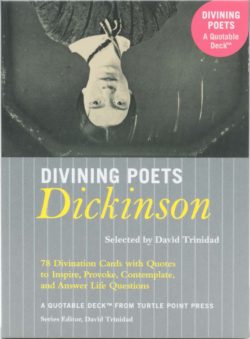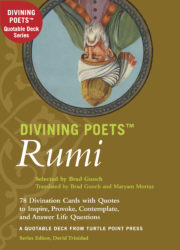Father | Genocide by Margo Tamez
On the night before he “walked on,” Margo Tamez’s father recorded two questions onto a cassette tape: Where did all the good men go? Where did they go? Two decades later, Tamez reconstructs her father’s struggle to be a man under American domination, tracing the settler erasure, denial, and genocide that he and preceding generations experienced. She reclaims stolen territory in the felt and known history of colonial Texas through Ndé Dene [Lipan Apache] place, memory, and poetics of resistance.
“I was raised up in American violence,” Tamez writes, “and I have to explore all of its possibilities.” Her poetry brings out those possibilities by “timebending,” with a poetic form Tamez calls Indigenous fusionism-Indigenous futurism, a union of pastpresent, bodyknowing, intertext, bent tradition, landguage, and familial blood-knowing.
Father Genocide reveals why impunity on the Texas border is the key to understanding American identity violence. Her lightning poetry strikes the nested seeds and unburies the truth of these bitter lands.

